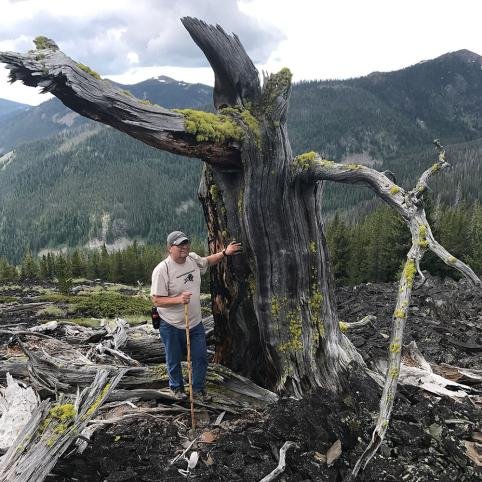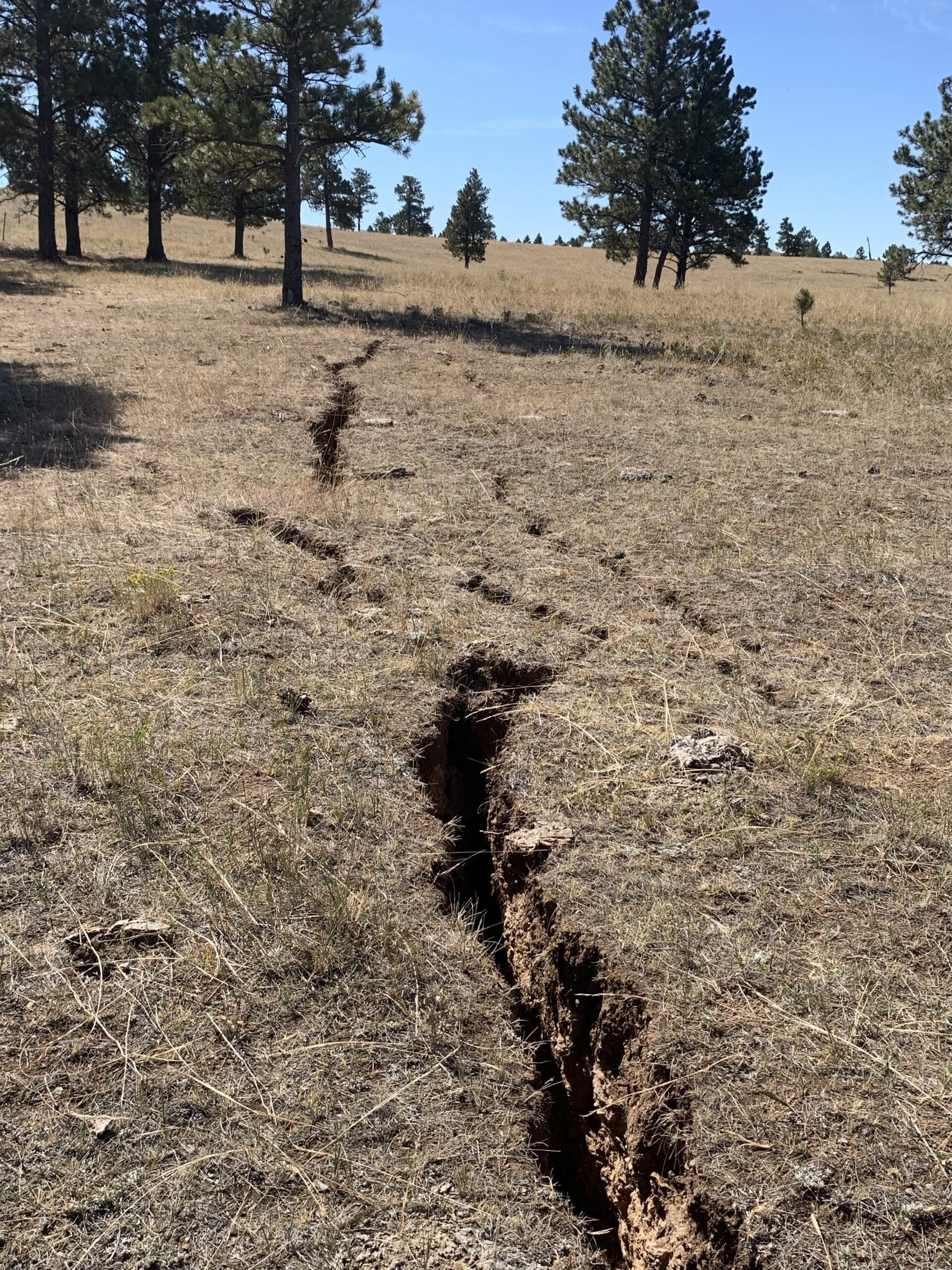
On whitebark pine and climate change: A conversation with Michael Durglo, Jr.
By Lisa J. Watt & Mike Durglo | Ecotrust
I talk a lot about climate change impacts on cultural resources and how they are impacting what is happening to our food, our medicine. Every year I try to bring on as many interns as I can from the Salish Kootenai College and just pull them onto the boat and tell them, “Grab an oar and start rowing, man. We need all the help we can get getting this boat up the river.” That’s where we’re headed.

Ranching in Coal Country: Can Coal & Cows Coexist?
By Darrell Ehrlick | Daily Montanan
[Steve] Charter has hired an attorney and plans to fight Signal Peak’s effort to kick him off his own deeded land, but without the grazing leases, the future remains uncertain for a family that has been ranching for several generations. The company has given him notice that they’re cancelling the leases on their land, and he says they’re trying to even shut him off his own property — something they may be able to do because of leasing arrangements dating back to 1990.

Working at the Systems Level
I help to lead a coalition of more than 25 NGOs working with multinational corporations to eliminate deforestation from agricultural commodity production and trade. Deforestation for just a few products - beef, soy, palm oil, timber - produces up to 10% of anthropogenic greenhouse gas emissions each year, and figuring out how to decouple production from land clearance will be essential for companies working to meet climate goals.

Intense Heat in Rural Communities
By Aaron Bolton | MTPR
Montana broke multiple daily temperature records this summer, according to National Weather Service Meteorologist Marty Whitmore. He says many parts of the state are seeing more days over 90 and 100 degrees Fahrenheit every year due to climate change…. Montanans, especially those in rural areas, may not be prepared for these temperatures because most have historically lived without air conditioning.

Putting Climate Change Front & Center: An interview with Elisabeth Kwak-Hefferan
Climate change is such a huge and overwhelming problem that it's easy to feel like you can't do anything about it. But you don't have to solve all the problems and save the entire world--you can't. What you can do is work for a better future within the reach of your arm.

Orphan Girl
My perch on the bridge is fifty feet above the tracks where trains throttle up, censing diesel into stands of smog. They stretch the length of the valley from east to west sawing between empty and filled depending upon which direction they’re traveling. The tracks are never bare.

Reflections from Tilos, The Green Island
In looking at possible places to visit, we came across the small Greek island of Tilos, just north of Rhodes in the Dodecanese islands off the west coast of Turkey. Known as “The Green Island” for its decades-long efforts at protecting its habitat for migratory birds and its successful efforts to be a Natura 2000 Reserve, in 2017 Tilos made the commitment to become the Mediterranean’s first completely energy self-sufficient island in terms of electricity generation… We decided this was a place we needed to see for ourselves, and learn how Tilos had made this environmental and cultural transformation.

Where Is Tomorrow?
The problem that challenges us today is our inability to see tomorrow, hear tomorrow, taste, smell, or touch it. It could even be right here, in front of us or all around. Right now, tomorrow is difficult to imagine. It’s far easier to forget the future, after all, than the past. But if I cannot find tomorrow, if I do not recognize it, how can I preserve or protect it?